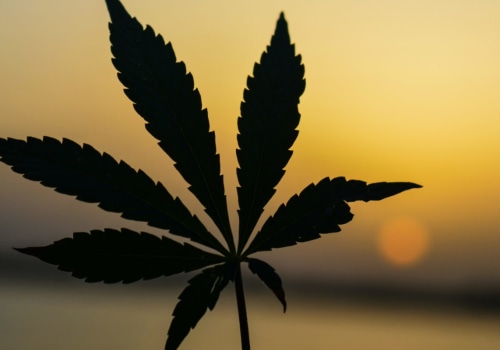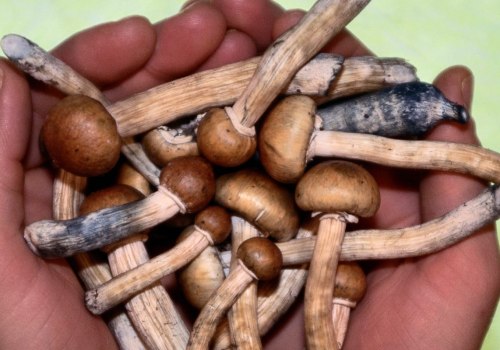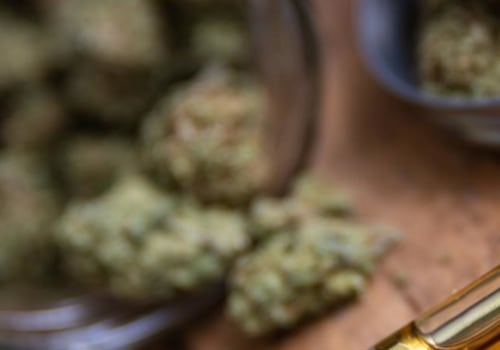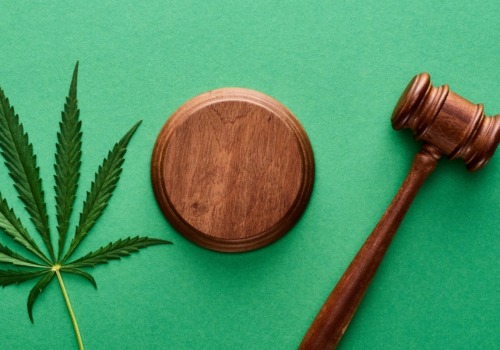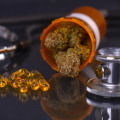Here are some examples of high-strength CBD oils and tinctures. Oils and tinctures undergo slightly different extraction processes. Manufacturers produce CBD oils using carbon dioxide to extract CBD, while tinctures undergo an alcohol process. Learn more about CBD tinctures here.
Learn more about CBD dosage here. The FDA has approved only one CBD product called Epidiolex for severe forms of childhood epilepsy. The FDA does not regulate any other CBD products. Learn more about the side effects of CBD here.
CBD is a popular ingredient in consumer products. Current early research suggests that CBD may be beneficial in treating a variety of conditions, including epilepsy, anxiety and other mood disorders, and some forms of chronic pain. Learn more about the potential benefits of CBD oil here. Learn more about cannabinoids and potential drug interactions here.
People use CBD oil for many reasons, including pain, depression, and chemotherapy-induced nausea and vomiting. CBD products have become increasingly popular with consumers looking for a cure for various ailments and diseases. CBD oil, on the other hand, makes it easier to start with a small dose. But calculating the dose of CBD oil may be less simple.
Oils and tinctures tend to come in a dropper bottle and usually only the total volume of the liquid and the CBD content are listed on the label. For example, the label could simply state that there are 1,500 milligrams of CBD in the 30-milliliter bottle. If you prefer to take drops, a typical starting product will contain CBD infused in a carrier oil to provide a total concentration of, for example, 2.75%. This means that CBD makes up 2.75% of the total product and the other ingredients listed, such as hemp seed oil, account for the remaining 97.25%.
The usual dose ranges from one to eight drops, up to three times a day. There is some evidence that medical cannabis can help certain types of pain, although this evidence is not yet strong enough to recommend it for pain relief. Self-selection bias increases due to patients' significant interest in medical cannabis, as these patients must be motivated to access a non-traditional medication system. If you have a medical condition or are taking any prescription medication, always talk to your doctor before using CBD and check for interactions with your medication.
People taking certain blood thinners, heart rhythm medications, thyroid medications, and seizure medications should take special care.
